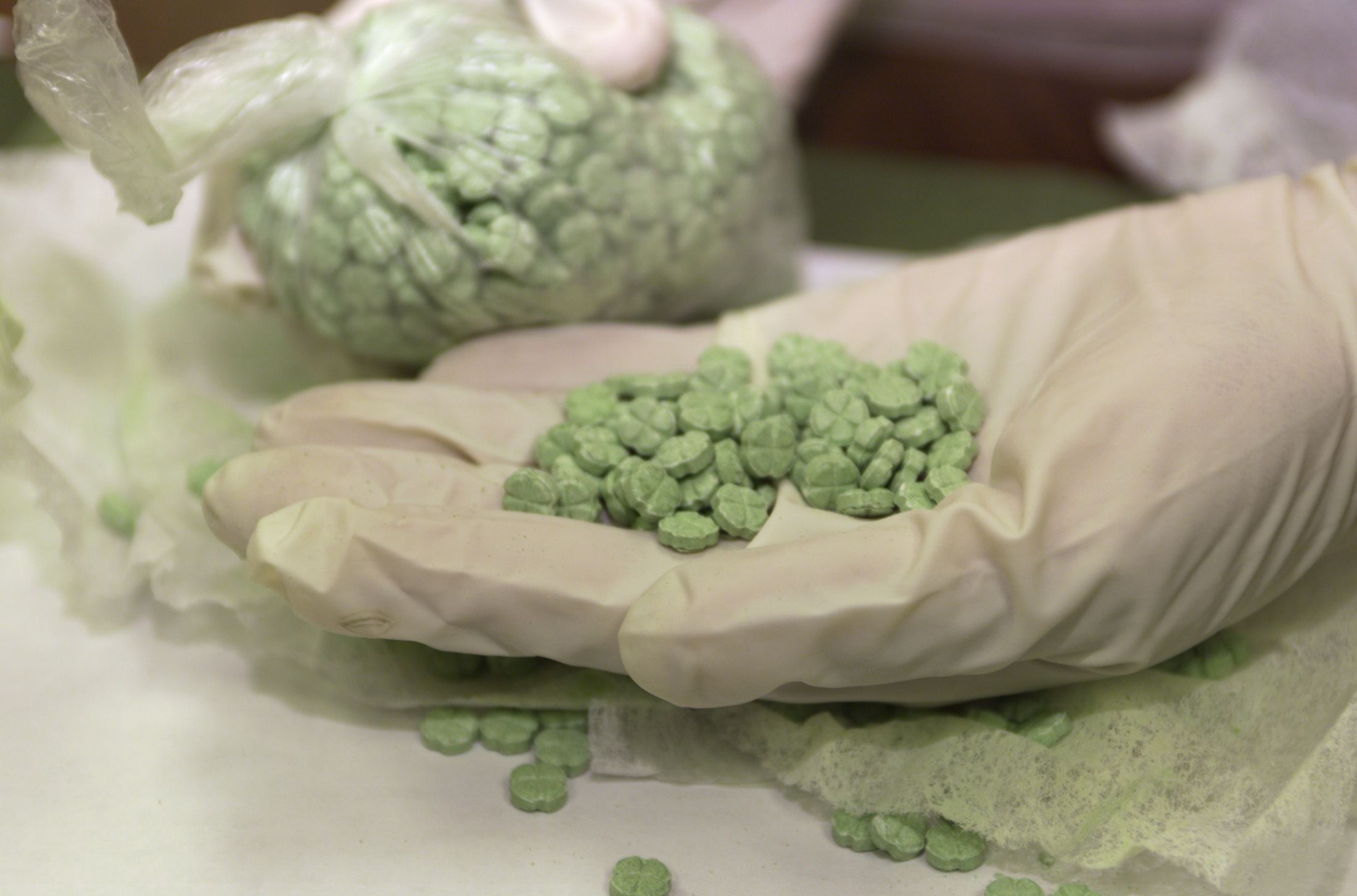Another summer, another reminder of the consequences of our drug laws:
A man has been arrested in connection with the death of an 18-year-old who had taken fake ecstasy tablets.
The woman died in Alexandria, West Dunbartonshire, on Tuesday. She and three friends had taken green tablets with a Rolex Crown logo on them.
Similar tablets have been linked to the deaths of six other people in the west of Scotland in the past two months.
Of course, no-one needs to purchase ecstasy and primary responsibility for these horrid deaths lies with the people who manufactured these pills.
Nevertheless, unscrupulous (and stupid) suppliers are not the only culpable actors in this sorry tragedy. Parliamentarians share some blame too. They may only be secondarily responsible but they cannot wish their responsibility away. Because these deaths, horrid as they are, must be the obvious, oft-noted, consequence of prohibition.
Once upon a time David Cameron recognised this. Before he became leader of the Conservative party he was a member of the Home Affairs Select Committee and, way back then, declared himself open to “alternative ways – including the possibility of legalisation and regulation – to tackle the global drugs dilemma.”
None of the facts have changed since then but Mr Cameron appears to have changed his mind regardless. There are perfectly acceptable moral reasons for drug-taking but even politicians unpersuaded by such concerns might accept that prohibition must make drug use much more dangerous than it need be. If they were really interested in public health – as opposed to, say, scolding Britain’s young people – they might accept that prohibition inevitably leads to needless deaths.
Not that this will impress inveterate Drug War Warriors. For them these grim deaths are – objectively speaking – useful data points demonstrating the evils of any drug use.
Some of us, however, prefer to think that these are entirely preventable, deaths that are the inevitable consequence of political choices made in London. Our parliamentarians share some responsibility for these deaths. How many of them have the courage to admit as much and how many are prepared to do something about it? The War on Drugs is often just as dangerous – and sometimes more dangerous – than the enemy it purports to fight.








Comments